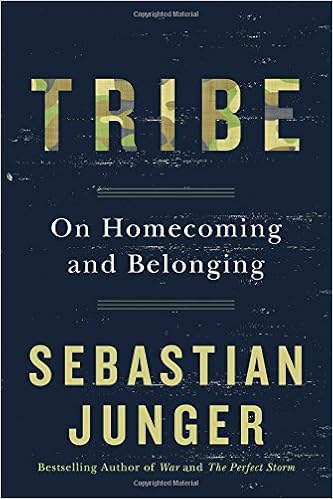Book Review: Whose Land is it Anyway? A Manual for Decolonization. Edited by Peter McFarlane and Nicole Schabus
Goodreads Description: Whose Land Is It Anyway? A Manual for Decolonization; inspired by a 2016 speaking tour by Arthur Manuel, less than a year before his untimely passing in January 2017. The book contains two essays from Manuel, described as the Nelson Mandela of Canada, and essays from renowned Indigenous writers Taiaiake Alfred, Glen Coulthard, Russell Diabo, Beverly Jacobs, Melina Laboucan-Massimo, Kanahus Manuel, Jeffrey McNeil-Seymour, Pamela Palmater, Shiri Pasternak, Nicole Schabus, Senator Murray Sinclair, and Sharon Venne. FPSE is honoured to support this publication.
My Review: I know I don't often review non-fiction, but I found this manual to be really insightful and a joy to read, so I figured I would give it a boost. Every day it becomes more apparent why it's so important to live in an intersectional society where we not only look out for our own group's interests, but of our neighbour's as well. Living in Canada the last five years, I've watched the American political landscape shift like sands in a dessert, never leading itself to stability. It's hard not to get riled up watching the politics to the south, but I think it's especially important to apply that critical eye to the homeland, and try to stop the same patterns from emerging up here.
Whose Land is it Anyway? features prominent Canadian voices advocating for Indigenous rights in Canada, most notably the right to land. This handbook doesn't bother itself with the nitty gritty details, like statistics and dates, and focuses more on the emotions of Indigenous people living in Canada and their arguments for why their struggles should be addressed. This handbook felt like it was written for average Canadians who may know about these issues, but have never heard about them from the perspective of Indigenous activists. The various essays tackle subjects like blockades, the savage narrative and the strategy to disenfranchise Indigenous peoples, grassroots activism and why chiefs are 'giving in' to the government, two-spirit people, violence against Indigenous women, the fight to keep culture alive, and on, and on.
These perspectives were not only refreshing and enlightening, but very moving at the same time. They were written in a way that was fun, enjoyable to read, as well as super approachable and emotional. While the arguments for new ways of thinking and being were very strong, it was hearing about the individuals living as Indigenous in Canada, their struggles and their feelings on the matter, that really hit home the importance of these changes. Through the essays, the various writers were able to show the reality behind Indigenous peoples' suffering and thriving in Canada, and were able to argue for why changes are not only necessary, but will improve well-being for everyone.
TL;DR: 4/5 stars. All in all, a great introductory book about Indigenous land claims from the perspective of Indigenous activists.







